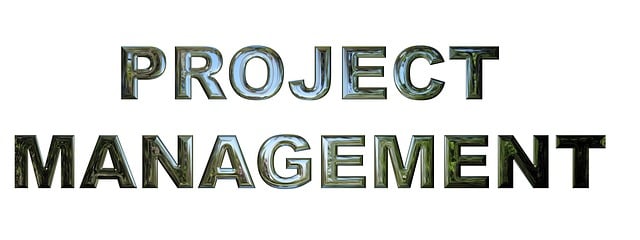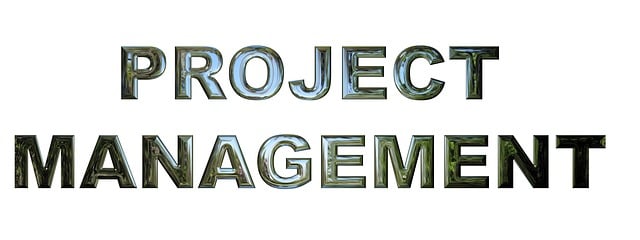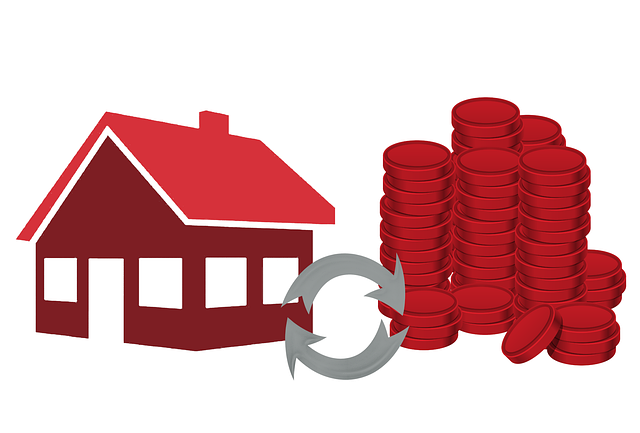In real estate, managing operating expenses (OpEx) is vital for property success. Accurate budgeting involves analyzing individual property needs, including location, size, age, and market trends, while accounting for variable costs like vacancy rates and repairs to avoid financial shocks. Effective cost management requires collecting historical data, researching market trends, reviewing budget regularly, and utilizing detailed budgeting systems and technology. Leveraging specialized real estate software platforms enhances proactive cost monitoring and informed decision-making.
In the dynamic realm of real estate, accurate budgeting for operating expenses is a game-changer. Understanding these costs—from property maintenance to management fees—is crucial for investors aiming to maximize returns. This article navigates the intricate landscape of real estate expense planning. We explore strategies to ensure precise budgeting and introduce tools to master cost management. By adopting these techniques, folks in the industry can efficiently steer their investments through a labyrinthine landscape, fostering success and profitability.
Understanding Operating Expenses in Real Estate

In the real estate sector, understanding and accurately budgeting for operating expenses are vital to ensure a property’s financial health and the success of any investment. Operating expenses, or OpEx as it’s often abbreviated, refer to the day-to-day costs incurred in managing and maintaining a property. These can include a wide range of costs from rent and utilities to property management fees, insurance, taxes, and repairs & maintenance.
Accurately budgeting for these expenses involves a deep dive into the specific requirements of each property, considering factors like location, size, age, and current market trends. Real estate investors often face the challenge of predicting and accounting for variable costs such as vacancy rates and unexpected repair bills. Therefore, a meticulous approach to budgeting is essential to avoid financial surprises and ensure properties operate efficiently within their financial parameters.
Strategies for Accurate Budgeting

Accurate budgeting in real estate requires a multi-faceted approach. Start by gathering historical financial data, including past expenses and revenues, to establish a baseline for your property’s performance. This foundational step allows you to identify consistent costs and potential areas of fluctuation.
Next, conduct thorough research on market trends and industry benchmarks specific to your region and property type. Stay informed about changing rental rates, vacancy levels, and maintenance costs. Regularly reviewing these factors ensures your budget remains adaptable and aligned with the dynamic nature of the real estate market.
Tools and Techniques for Effective Cost Management

Effective cost management in real estate requires a strategic approach, and there are several tools and techniques to help navigate this process successfully. One powerful method is implementing a detailed budgeting system. This involves tracking every expense related to operations, from rent and utilities to maintenance and marketing costs. By allocating funds accurately, investors can anticipate financial needs, identify cost-saving opportunities, and make informed decisions.
Additionally, leveraging technology can significantly enhance cost management. Real estate-specific software platforms offer budget tracking features, allowing users to monitor spending in real-time. These tools often include automated reminders for upcoming expenses, helping to stay proactive. With the right software, investors can gain valuable insights into their financial performance and make adjustments to stay within their set budgets.






